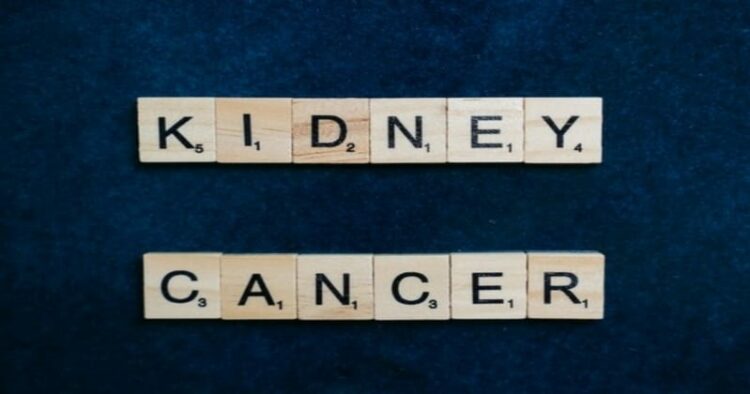Researchers found that many adolescent and young adult kidney cancer survivors are at a significantly elevated risk for heart issues due to increased levels of hypertension or high blood pressure, according to a study.
The study was published in ‘Journal of the National Comprehensive Cancer Network.’ Cardiovascular disease is a leading cause of health complications and death among adolescents and young adults (AYAs) with cancer, with AYAs defined as patients aged 15 to 39.
A study published on July 5 in the Journal of the National Comprehensive Cancer Network looked at the incidence and risk of hypertension (high blood pressure) and heart failure in AYA patients with kidney cancer who were also given a drug that inhibits blood vessel growth as part of their treatment.
The researchers focused on the effects of two drugs known as sunitinib and sorafenib. They discovered that approximately half of AYAs given sorafenib and one-third of AYAs given sunitinib developed hypertension.
“The large number of AYAs who had high blood pressure during treatment with sunitinib or sorafenib suggests that even individuals without identifiable pre-existing factors — such as older age, obesity and male gender — are also at significant risk for hypertension from these drugs,” said study lead author Wendy Bottinor, M.D, a cardio-oncologist and member of the Cancer Prevention and Control research program at Massey and VCU Health Pauley Heart Center.
Contrary to their original hypothesis, the researchers discovered that younger age was not associated with a reduced risk of heart failure in AYA cancer survivors compared to older cancer patients. In fact, this population is at risk for a type of heart failure called left ventricular systolic dysfunction.
In the United States, approximately 90,000 AYAs are diagnosed with cancer every year, according to the American Cancer Society. Kidney, thyroid and colorectal tumours are among the more common cancers in this age group, a trend that has been on the rise over the last few decades.
The risk for heart disease among AYAs with cancer is more than double that of people in the same age group without cancer, and the risk of death is nearly 10 times higher among AYAs with heart disease when compared with AYAs who do not have heart disease, as indicated by multiple studies over the last decade.
Hypertension forces the heart and blood vessels to work overtime, eventually damaging the tissues in the arteries and increasing a person’s odds of irregular heartbeat, heart attack or stroke.
Chemical signals within the body regulate a process called angiogenesis, which is the production of new blood vessels. One of these chemical signals — vascular endothelial growth factor (VEGF) — clings to the surface of other cells to influence the growth and survival of new blood vessels.
Angiogenesis plays a critical role in the progression of solid tumours because cancer cells need oxygen and nutrients from the blood to grow and spread. A class of drugs called angiogenesis inhibitors are often used alone or in combination with other therapies to stymy the growth of blood vessels that support tumour growth.
This study looked at early-stage kidney cancer patients who received a specific type of angiogenesis inhibitor — VEGF inhibitors — as part of their treatment regimen. Sunitinib and sorafenib are VEGF inhibitors.
“Although VEGF inhibitors are often used as an effective therapeutic option for adult and pediatric cancer patients, cardiovascular toxicities can be a significant limitation of this treatment, with hypertension and left ventricular dysfunction among the most common,” Bottinor said.
Historically, the scientific understanding of the cardiovascular toxicities of these drugs among AYAs has been very limited.
“Adolescent and young adults are an underrepresented group in cancer research with a significant cardiovascular burden,” Bottinor said. “Understanding the relationship between cancer diagnosis, treatment and heart disease is imperative to promoting cardiovascular health over the entire lifetime of adolescent and young adult cancer survivors.”




















Comments